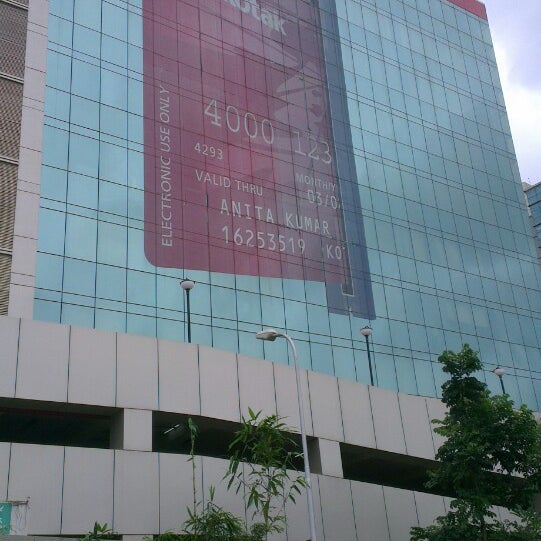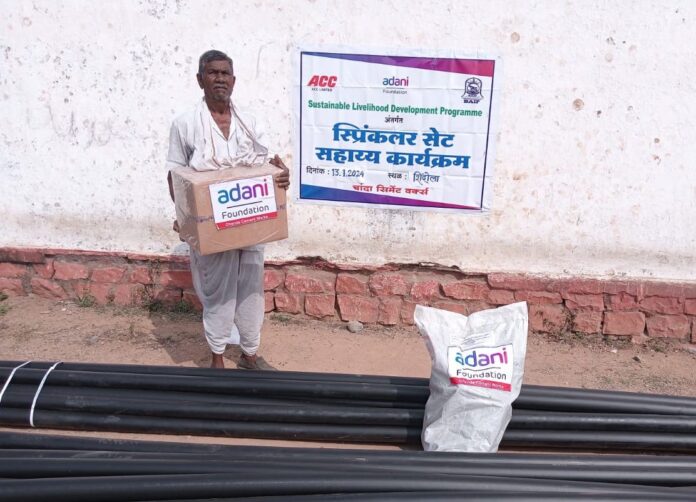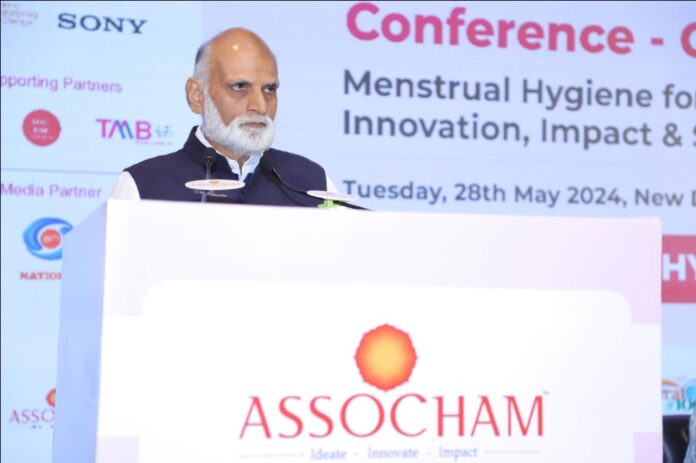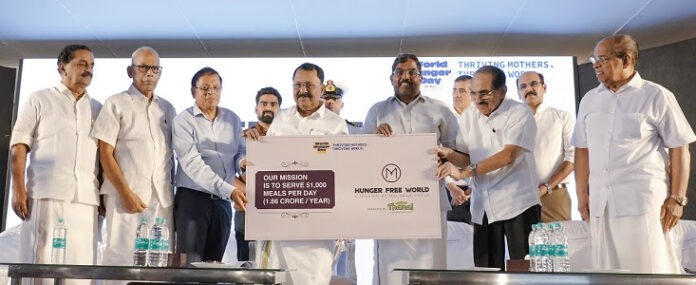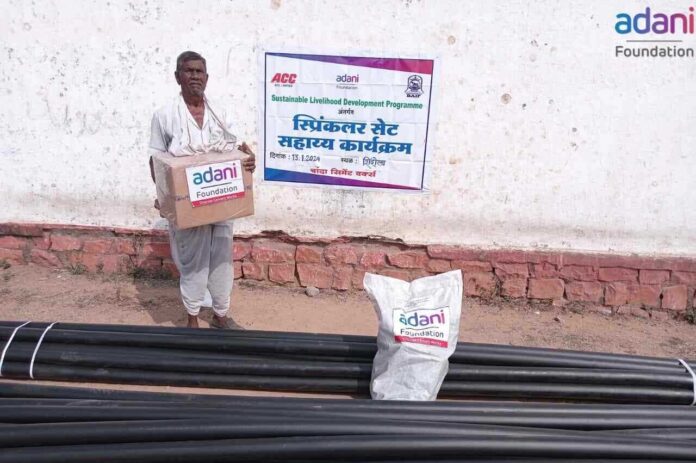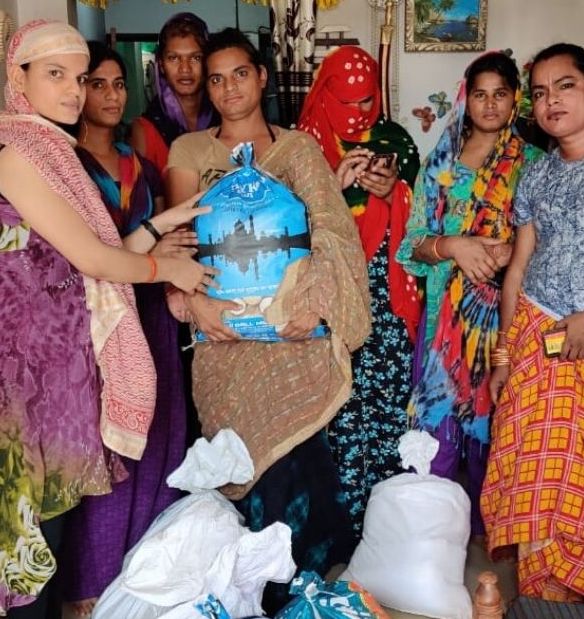Mumbai, India: Bold & Bae Fashion, a Mumbai-based startup in the women’s apparel sector, has launched a unique initiative to keep girls in school by addressing menstrual health and hygiene concerns. Determined to ensure that no girl misses out on education due to lack of access to sanitary pads and proper menstrual hygiene, Bold & Bae has partnered with various schools in Mumbai, including Gandhi Memorial English High School & Junior College (Kamla Nagar), BSIAS School (Dharavi), and Mother Teresa School (Dharavi). This initiative marks the beginning of the company’s long-term commitment to this cause.
An alarming 60% of girls in India remain absent during their periods or drop out of school permanently due to various challenges. This statistic underscores the critical condition of underprivileged girls, and Bold & Bae Fashion is dedicated to changing this.
Smita Thorat, Co-Founder of Bold & Bae Fashion, stated,“At Bold & Bae Fashion, our mission is to ‘KEEP A GIRL IN SCHOOL’ by addressing health and hygiene concerns, thus empowering her through education. Our brand, driven by values of being Fearless, Empowering, and Inclusive, is committed to making a tangible difference in the lives of women.”
“Access to sanitary pads and menstrual hygiene products is every girl’s basic right. We at Bold & Bae Fashion are dedicated to supporting underprivileged school girls by providing menstrual hygiene products. Our mission is to ensure that no girl misses out on her education just because she can’t afford something as basic as sanitary pads. Through this program, we aim to empower young girls to stay in school, pursue their dreams, and build a brighter future for themselves and their communities”, added Smita
Under this mission, Bold & Bae donates a pack of sanitary pads every time a purchase is made on their website. The company has partnered with several NGOs to support this initiative, including recent collaborations with Nanhi Pari and the Mother Teresa Memorial Social Welfare Trust to raise awareness about menstrual hygiene.
So far, Bold & Bae has donated sanitary pads to over 1,000 girls and conducted awareness sessions on the importance of practicing good menstrual hygiene. During these sessions, the team interacted with the girls, sharing valuable knowledge about menstrual hygiene. The gratitude and happy smiles of the girls truly made their day.
Disclaimer: This media release is auto-generated. The CSR Journal is not responsible for the content.







